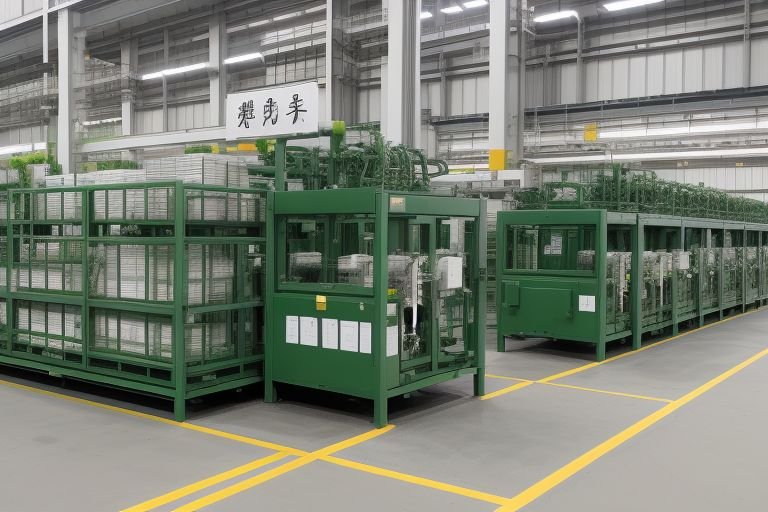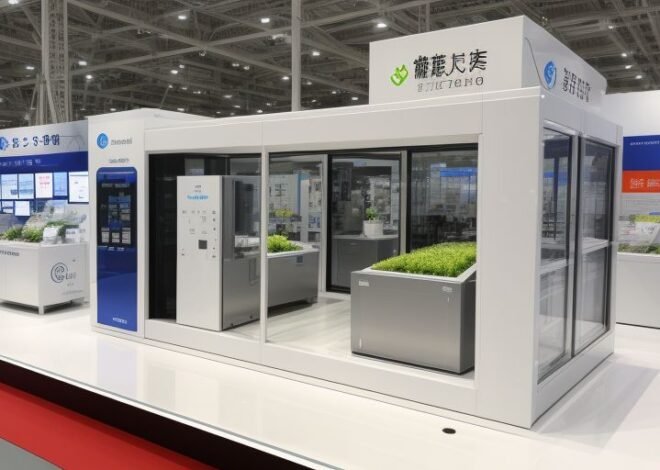
Tokyo Packaging Industry Shifts To Eco-Friendly Solutions
Away from the conventional models of packaging material consumption, the packaging industry in Tokyo is slowly embracing sustainable solutions. This morning’s event at the Tokyo International Forum saw key players in the industry convene and address the current developments and issues in the sector. Sponsored by the Japan Packaging Institute, it has gathered manufacturers, retailers, and environmentalists who discussed how to minimize the use of plastic and advance the circular economy.
Biodegradable packaging material is another subject that has been discussed at the forum due to its high future requirement. Some Japanese firms introduced new products that are made from plant sources, such as corn starch and sugarcane fibers, to the market. Such materials may present a relatively good replacement for usual plastic, which can biodegrade and leave no toxic remnant behind. It is expected that the market of biodegradable packaging in Tokyo will increase in the next year by up to 30%.
The second largest area of concern during the event was the advanced technologies in recycling. Japan’s recycling company, EcoTech, is based in Tokyo and has developed a new plant that can sort out multiple layers of packaging. It is this innovative technology that isolates and reclaims various portions of materials, thus enhancing the recycling efficiency of items that were not easily recycled before. The structural and material design is designed to allow the recycling and treatment of up to 10000 tons of packaging waste per year to support Tokyo’s objective of cutting landfill waste to 50 percent by the year 2030.
It also discussed the issue of packaging-free and packaging refill markets that have increasingly emerged in Tokyo’s market. Listening to several successful businessmen-women entrepreneurs described opening stores of ‘zero waste’ where consumers bring their own reusable containers for products to be sold in bulk. It has been embraced by environmentally conscious consumers and is thought to provide a solution to the Single-use packaging issue. According to analysts, the number of shops without packaging in Tokyo might double in the next two years.
Ministerial officials at the event explained some aspects of the newly introduced policies regarding the reduction of plastics in the environment. Continuing the campaign next month, Reynolds said that its mandatory charge for plastic shopping bags in all outlets in Tokyo will begin. Although in the recent past, the use of single-use plastic bags has been rampant, this measure is likely to reduce their usage since people should be encouraged to use reusable bags. The city government also sought to implement a deposit return system for the beverage containers by 2026, provided other Japanese cities could run pilot projects.
However, like in any other industry, the change to more sustainable packaging comes with some obstacles. Several firms pointed out that integrating environmentally friendly materials and technologies is costly. In this connection, to foster sustainable packaging in the capital city, the Tokyo Metropolitan Government announced the availability of new grants to enable small and medium-sized enterprises to switch to sustainable packaging solutions. The program will offer funds as well as expertise in order to assist the business and prepare them for the new conditions.
When the day-long forum came to an end, the participants presented a positive note regarding the future of Tokyo’s packaging industry. ALL the attendees agreed to the fact that sustainability is not an option anymore, but rather a strategy that enjoyed an added advantage in the future profitability of companies. Thanks to constant development, cooperation, and the government’s support, Tokyo has the potential to become a model for other cities by offering effective, sustainable packaging solutions.


